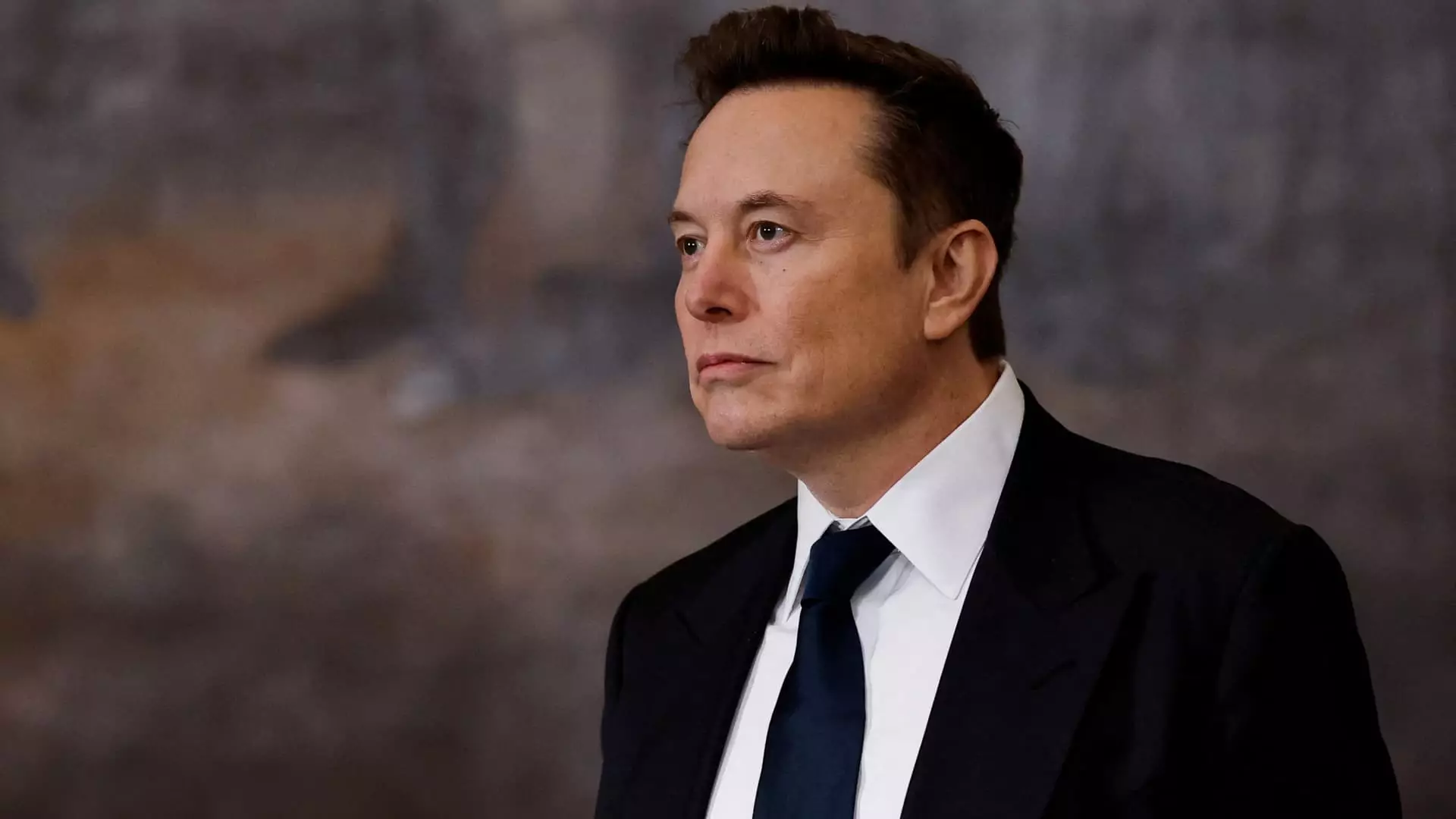The dynamics of power within the United States government have taken a peculiar turn as private sector mogul, Elon Musk, steps into a federal role that allows him unprecedented access to sensitive governmental operations. Recently, a significant ruling by U.S. District Judge John Bates has unraveled the potency of Musk’s position as head of the newly minted Department of Government Efficiency (DOGE). This article aims to dissect the implications of this ruling and the ramifications on labor unions, the integrity of federal agencies, and the ongoing debate on the intersection of business and government.
The ruling by Judge Bates, which permits DOGE to access the U.S. Department of Labor’s systems, serves as a noteworthy precedent in the ongoing litigation initiated by the American Federation of Labor and Congress of Industrial Organizations (AFL-CIO). The union’s claims, supported by a sense of urgency, suggest that Musk may exploit governmental data to benefit his own business interests. In light of the judge’s temporary ruling, the AFL-CIO asserted that this decision was merely a setback, shifting the focus to their promise to provide additional supporting evidence in the coming days. The juxtaposition of judicial authority against the backdrop of corporate interests raises critical questions about oversight within governmental functions.
Despite the ruling’s implications, the AFL-CIO has not given up hope. Liz Shuler, the organization’s president, contends that legitimate concerns about potential conflicts of interest remain. The judge’s hesitance to impose immediate restrictions indicates the complex nature of the case. It calls into question the balance between governmental transparency and the safeguarding of sensitive information against potential exploitative practices.
Elon Musk: A Dual Force in Business and Government
Elon Musk is known more for his entrepreneurial endeavors than for governmental involvement. His close ties with President Donald Trump, who appointed him to lead DOGE, have drawn criticism from multiple fronts. Critics argue that Musk’s unique position blurs the lines between private interests and public service—the epitome of a potential conflict of interest. As Musk champions the initiative to mitigate waste and fraud within government agencies, advocates for federal worker rights grow increasingly alarmed at the prospect of drastic operational changes.
Musk’s proposal to shut down the U.S. Agency for International Development (USAID) has earned him both support and ire, a development that is symptomatic of the wider implications of corporate leadership infiltrating public service. While proponents may argue that cutting down on bureaucracy leads to greater efficiency, such a transformation must be performed with utmost caution, particularly when it risks dismantling programs vital for the welfare of citizens.
The union protests extend beyond mere protection of their membership. The AFL-CIO’s pursuit of legal recourse underscores a fundamental concern about privacy and employee safeguarding. The potential access to Bureau of Labor Statistics data, along with the risk that Musk could use sensitive information against his competitors, raises alarming ethical dilemmas. The implications on labor relations and employee trust — essential elements of organizational integrity — cannot be dismissed lightly.
Federal unions have initiated legal actions not only against DOGE but against the Treasury Department as well, suggesting a collective unease about the possible overreach of authority and the uncontrolled flow of sensitive information. The implications of these lawsuits could reshape how labor rights are protected in the face of increasingly intertwined business and government agendas.
The controversy surrounding Elon Musk’s profound influence on U.S. government operations exemplifies the tension between private ambition and public duty. As Musk continues to navigate his role and assert his vision for government efficiency, the pressing question remains: can he fulfill these objectives without compromising the integrity and transparency of essential federal operations?
Ultimately, this saga serves as a reflection of a burgeoning trend where the lines between business acumen and government functionality blur, creating an urgent need for robust frameworks that ensure accountability. The enduring battle between labor unions and Musk’s DOGE is not just a legal confrontation; it is a microcosm of a larger battle over the future of government in an era increasingly dominated by corporate influence. As the story unfolds, stakeholders across the spectrum will need to grapple with the outcomes of these unprecedented developments within the U.S. governmental landscape.

